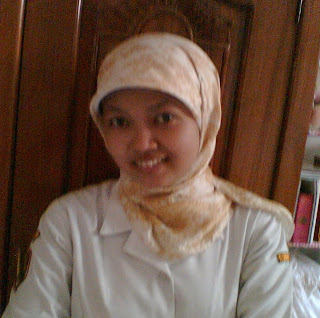Seizures are temporary abnormal electro-physiologic phenomena of the brain, which are sudden, short and uncontrolled, resulting in abnormal synchronization of electrical neuronal activity. They can manifest as change in mental state, tonic or clonic movements, convulsions, and other psychical symptoms. Manifestasion of seizure depends on the number of neuron and which area of brain that is involved, but seizures often cause unusual sensations, uncontrollable muscle spasms, and loss of consciousness.
Some seizures may be the result of a medical problem such as infection, low and high blood sugar , a head injury, accidental poisoning, or drug overdose. A seizure may also be due to a brain tumor or other health problem affecting the brain. In addition, anything that results in a sudden lack of oxygen to the brain can cause a seizure. In some cases, the cause of the seizure is never discovered.
When seizures recur, it may indicate the chronic condition known as epilepsy.
Febrile seizures, quite common in kids younger than 4 years old, can occur when a child develops a high fever, usually with the temperature rising rapidly to 102° Fahrenheit (38.9° Celsius) or more.
What can you do when someone have a seizure?
Here are 6 things you could do when someone have a seizure:
- don’t be panic
- the seizure can’t be stopped unless by medication, you just have to wait until it stopped
- place someone who’s having a seizure on the ground or floor in a safe area, removed any nearby objects
- loosen any clothing around the head or neck.
- once the seizure seems to have ended, roll him or her onto him or her side
- when the seizure over 5 minutes, call for emergency medical services



No comments:
Post a Comment